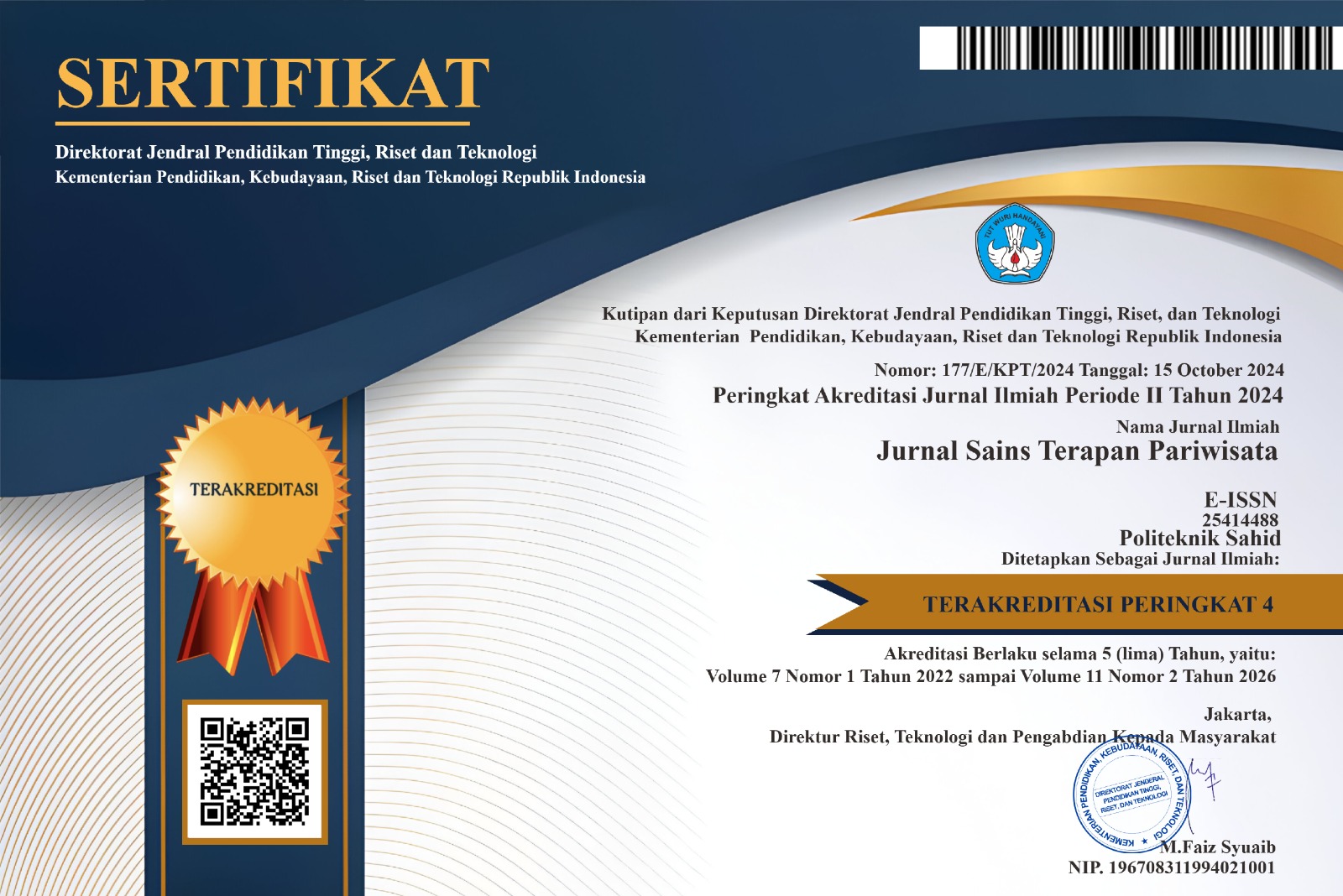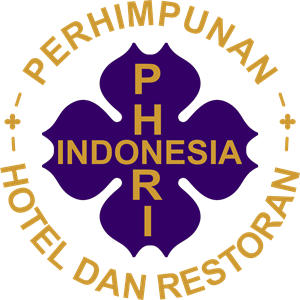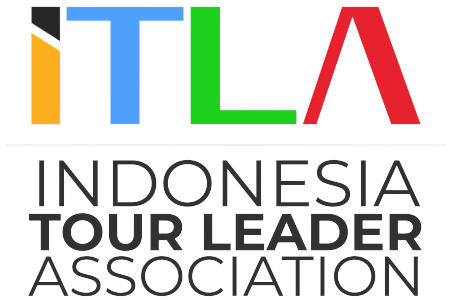Managing Economic Sustainability as a Part of Sustainable Tourism at Amarta Retreat & Recreation
DOI:
https://doi.org/10.56743/jstp.v9i1.360Keywords:
tourist attraction, resort, sustainable tourism, economic sustainabilityAbstract
Purpose: The number of domestic and foreign tourists visiting Bali decreased significantly during COVID-19. Amarta Retreat & Recreation in Tabanan, Bali, tends to reduce the number of tourists and the occupancy rate of bamboo villas in 2020 and 2021. Business management needs to be analyzed according to sustainable tourism indicators, primarily economic aspects, because of the impact of the pandemic. This research aims to determine how to manage economic sustainability and develop a management model to improve financial sustainability according to sustainable tourism indicators.
Methods: This study uses a qualitative approach, with data collection techniques of interviews, observations, document studies, and focus group discussions (FGD). It is based on interactive model data analysis activities with the NVivo 12 Plus tool.
Implication: There are several aspects of the indicators that must be improved, namely the development of a system for managing comments and feedback from tourists, developing travel routes within the resort by developing tour package products, improving website performance as a marketing tool, optimizing strategies for the rebranding process, and considering brand protection as intellectual property.
Downloads
Published
How to Cite
Issue
Section
License
Copyright (c) 2024 I Gede Rai Palguna, I Gede Mudana, Ni Gst Nym Suci Murni

This work is licensed under a Creative Commons Attribution 4.0 International License.
























